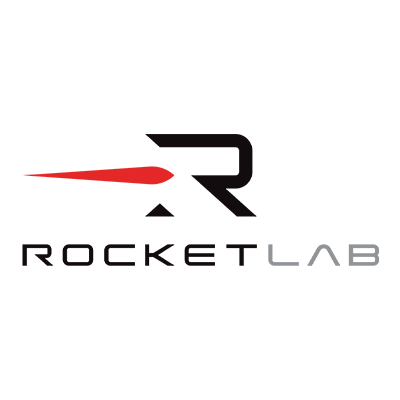Aerospace
Aerospace systems generate constant streams of telemetry. To keep up, teams need a database purpose-built for high-resolution data, delivering massive ingestion, sub-second queries, and decades of storage for compliance and analysis.
1B+
Downloads of InfluxDB
#1
Time Series Database
Source: DB Engines
Capture every signal
From flight tests to orbital missions, aerospace workloads demand high-fidelity capture at scale. InfluxDB analyzes millions of points per second with nanosecond precision, ensuring no signal is missed.
Run queries across billions of records in milliseconds to detect anomalies, validate mission readiness, and fuel applications where uptime and accuracy are critical.
InfluxDB 3 is built for aerospace workloads
Massive Ingestion Throughput
Ingest millions of unique series per second for high-cardinality telemetry from engines, flight systems, and satellites.
Real-Time Analytics
Query across billions of time-stamped records in <10 ms, supporting use cases from anomaly detection to real-time dashboards and alerts.
Edge-First Deployments
Run analytics and models where data originates. Process events on edge devices or ground stations, then sync with cloud or on-prem clusters for global visibility.
Low-Cost Object Storage at Scale
Store decades of high-resolution telemetry with compression and low-cost object storage, keeping data accessible for compliance, audits, digital twins, and AI training, without driving up infrastructure costs.
Aerospace requires modern, real-time systems
InfluxDB goes beyond capture and query—it gives aerospace teams the infrastructure to act on their telemetry. Process data at the edge, store massive volumes efficiently, and keep it ready for real-time analysis. Spot anomalies early, predict faults, optimize fleets, and act instantly on mission-critical systems anywhere, while meeting the strict demands of compliance and reliability.
Thales Alenia Space uses InfluxDB to collect and process satellite sensor data in real-time, supporting telecommunications, navigation, and scientific research. High-volume ingestion and live processing optimize satellite operations, while efficient queries and ML integration improve fault detection and forecasting. By turning continuous telemetry into actionable insight, Thales Alenia Space ensures mission reliability and accelerates discovery on Earth and in space.
Learn more
Eutelsat uses InfluxDB to monitor and manage the OneWeb broadband satellite constellation in real-time, ensuring reliable connectivity across the globe. Each satellite in Low Earth Orbit generates a relentless stream of telemetry, critical for real-time fleet management and service reliability. With InfluxDB, Eutelsat turns telemetry into immediate insights, keeping the network reliable and ready to scale for the future.
Watch webinar
The Rubin Observatory uses InfluxDB to monitor and maintain its systems in real-time as it builds the most detailed picture of the universe ever assembled. Each day, Rubin generates 20 terabytes of time series while tracking 38 billion cosmic objects over the next decade, including galaxies, stars, black holes, and supernovae. With InfluxDB, Rubin turns this continuous stream of data into a foundation for discovery that will evolve for decades to come.
Read case study
Loft Orbital delivers space infrastructure as a service, operating customer payloads on microsatellites in low Earth orbit. Loft captures over 500 million measurements daily, including bursts of more than 10 million in just 10 minutes, requiring real-time responsiveness. With InfluxDB, Loft monitors telemetry, improves performance, and enables mission automation, ensuring that mission-critical systems operate with the precision aerospace demands.
Read case study
Telemetry that connects every mission
InfluxDB streams data from launch to orbit with open protocols and 300+ Telegraf integrations. From CCSDS telemetry to AI tools, connect ground ops, mission systems, and analytics without lock-in.


Deploy anywhere
Whether you’re building on-prem, private cloud, edge, or multi-tenant cloud, InfluxDB meets developers where they are.
Additional resources

Real-Time Flight Telemetry Monitoring with InfluxDB 3
Discover how InfluxDB 3 Enterprise powers real-time flight telemetry by capturing 90+ data points at 60 FPS, optimizing storage with compaction, and enabling cockpit dashboards with sub-10 ms response for aviation-scale monitoring.
Learn more
Eutelsat Group’s Journey to Real-Time Spacecraft Monitoring
In this technical webinar, we’ll explore how Eutelsat Group, a global communications company, harnesses the power of InfluxDB to monitor and analyze telemetry data from its OneWeb constellation of hundreds of Low Earth Orbit (LEO) satellites.
Watch webinarTrial for Free
Start free with self-managed, our most popular setup.
Easily install for Linux, Mac, RHEL, Docker:
curl -O https://www.influxdata.com/d/install_influxdb3.sh && sh install_influxdb3.sh enterprise
For Windows installation, see the Getting Started Guide.
By default, trials are 30 days. Need more time? We can help extend it. Contact Us.





